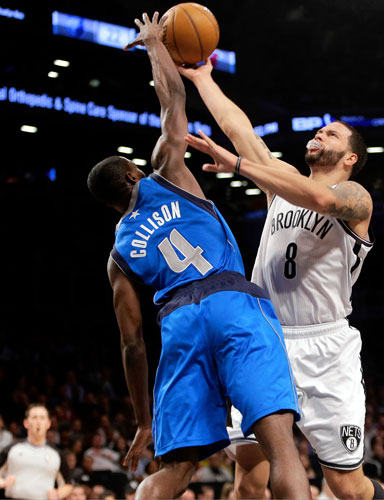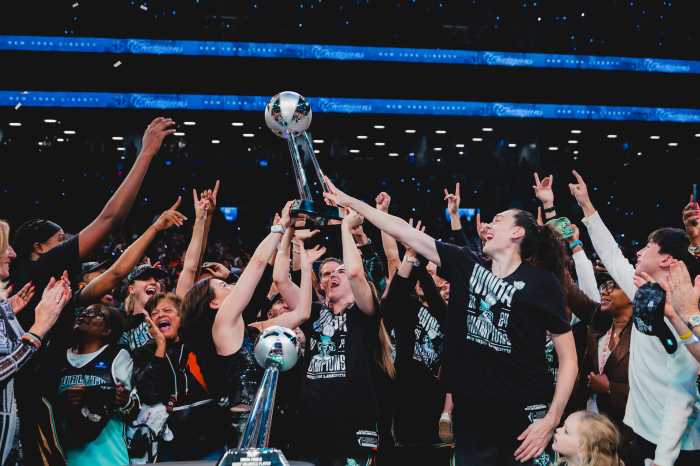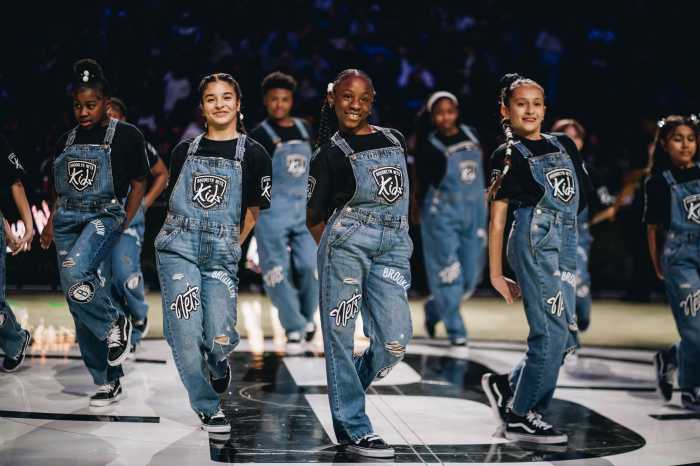It’s time for the Nets to realize three out of four isn’t gonna cut it.
Brooklyn’s Achilles heel this season has been its penchant for phoning in one quarter per game — typically the third — and that weakness was at the heart of the team’s recent skid, losing four of five to close February and open March.
Brooklyn is dead last in third quarter scoring with an average of just 21.7 points, according to teamrankings.com, setting up the Nets for a the league-worst second-half points average of just 44.4.
The Nets average two points fewer than their opponents during the third quarter on the season — tied for 28th-worst in the NBA — but the team took that trend to dizzying extremes in the three games between Feb. 26 and March 3, averaging a whopping nine fewer points than their rivals in the third act.
Much of that came from an abysmal third against the Dallas Mavericks at the Barclays Center, in which the team Deron Williams considered joining in the offseason dominated his new home court. The Nets went from being up one at half to down 14 at the beginning of the fourth, a 15-point swing.
The third quarter showings in the games before and after the Mavs collapse were equally frustrating. At New Orleans, against a team vying for the worst record in the Western Conference, a 13-point halftime lead shrunk to eight, setting the stage for a fourth quarter that was far too close against an inferior opponent. In Chicago, instead of battling back to chip away at a 14-point deficit after two quarters, Brooklyn ended the third down 18.
Where does the responsibility lie for this third quarter dormancy? It was a problem before coach P.J. Carlesimo took over, and it reflects poorly on Peej that he has been unable to improve the situation. But ultimately this is about players being motivated after retreating to their locker rooms for 15 minutes while the BrooklyKnight mascot terrorizes any small children in attendance (for what it’s worth, the Nets third-quarter scoring margin is about two points worse at home than on the road).
And such issues of motivation, in a game played by grown men, fall to team leaders. On a team whose its star-studded back court is integral to its success, the Nets’ central leader should be Williams.
Sure, Joe Johnson is signed to a slightly bigger contract, but he’s a quiet scorer who, despite his late-game heroics, has never been mistaken for a leader. No one’s going to mistake D-Will for a guy whose intensity matches that of Kevin Garnett or Kobe Bryant, but he is the face of the franchise. This is an obvious and correctable problem, and Williams must prove his leadership chops by tackling it head-on.
Matt Spolar is a nearly 6-foot-1 journalist with a middling high school basketball career who is sure the Nets win thanks to team’s top-tier guards.






















